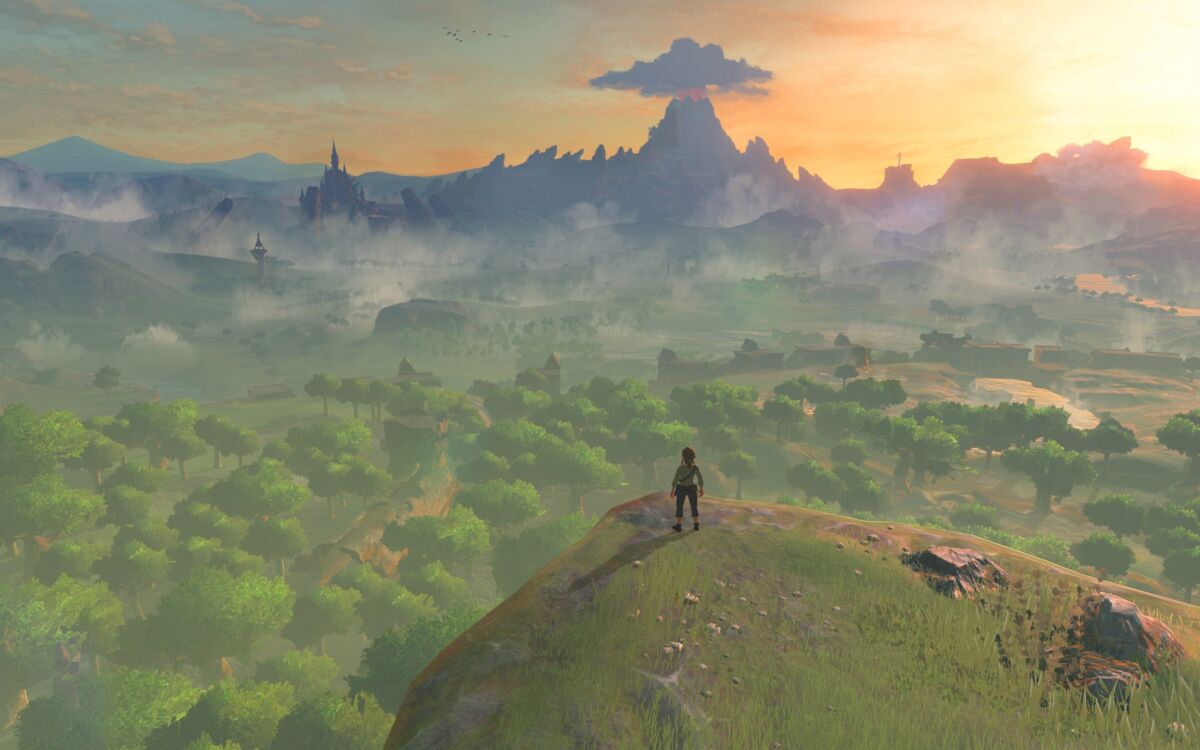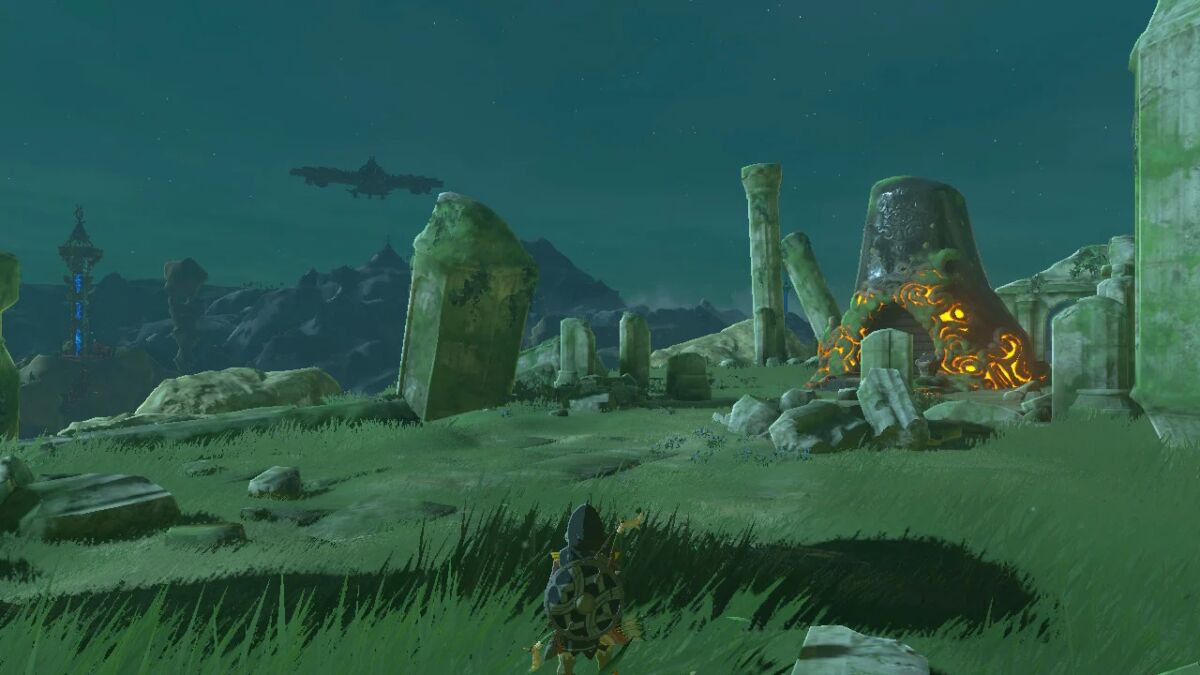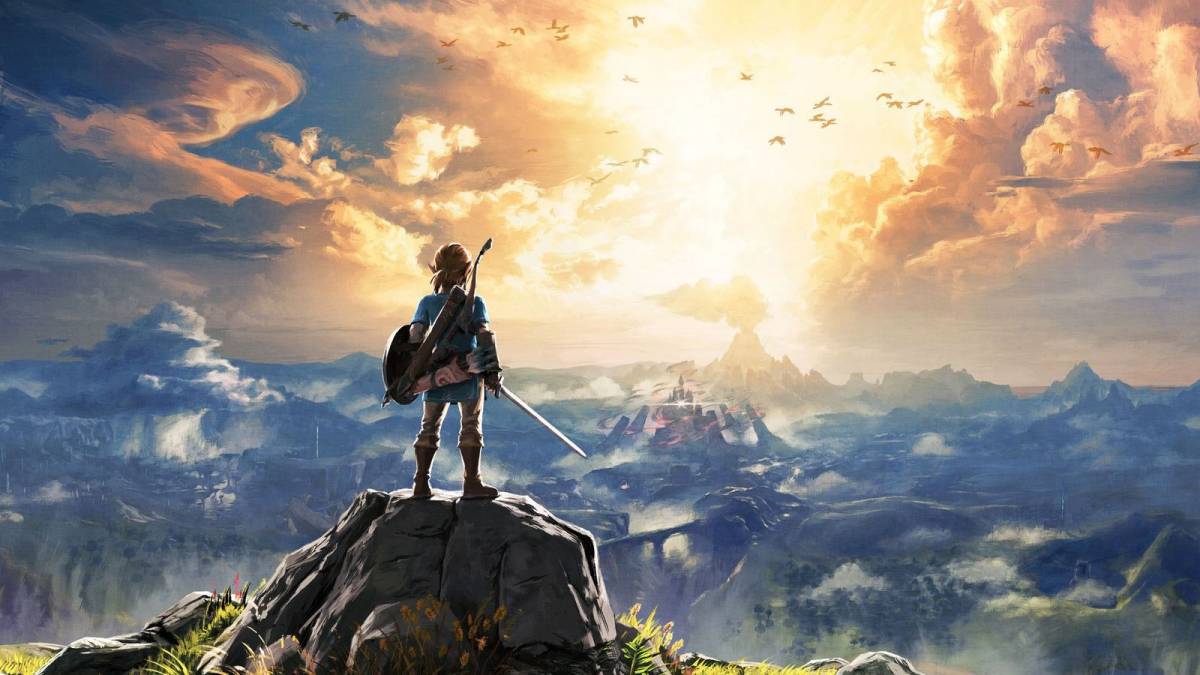With this generation wrapping up, we’re looking back at the games that have defined the last seven years. This time around, we’re looking back at a franchise redefining shift.
Few franchises can boast the kind of success and influence that The Legend of Zelda has. From crafting the prototype for the action-RPG on the NES, to refining it to perfection on the SNES, to bringing it into the 3rd dimension on the N64, The Legend of Zelda franchise has been a trendsetter for over 30 years. But what happens when you’ve gotta play catch?
This is the question that The Legend of Zelda: Breath of the Wild was created to answer. As Twilight Princess and Skyward Sword failed to innovate on the series’ 3D entries, fans were left wondering where that beautiful spark of intrigue and adventure had gone.

After fielding criticisms from players of Skyward Sword, Zelda producer Eiji Aonuma sought to rethink the series from the ground up. The difficulty was scaled up (fitting with the rise of Souls-likes), weapons became breakable to force players to experiment more, and a new physics system changed the way that fans looked at puzzles altogether.
Further, the entire tone of the series shifted, becoming darker than ever. No longer was the post-apocalypse the whimsical, cartoony affair of Wind Waker, now towering robots chased you from hundreds of yards off, ready to burn you to cinders with a single blast of their lasers.
This decimated, technology-laden version of Hyrule is one of Breath of the Wild’s greatest strengths. Though we’ve seen The Dark World or a flooded future of this idealistic medieval kingdom before, the desolation on display in Breath of the Wild is something else entirely. It really feels like the end of the world, and with Link as the only thing holding back the final wave of destruction, the stakes have never felt higher.

The Legend of Zelda: Breath of the Wild also pushed the series forward in terms of its presentation. The soft, beautiful animation makes the game look gorgeous even in the most obliterated venues of Hyrule. Finally, the solid voice acting (a series first) lends Breath of the Wild a feeling of truth and seriousness that the gibberish speak of previous games could never really muster.
No longer were players handed the latest piece of equipment and then guided through how to solve puzzles and beat a boss with it. Instead, you were given the entire arsenal from the jump and forced to experiment, depending on the situation, for the best results. There was nowhere the player couldn’t go–they just had to hope they’d be prepared for what was over the next horizon.
With Breath of the Wild, Nintendo didn’t just redefine the Legend of Zelda franchise, they redefined adventure in general. A brilliant reimagining of the core concepts of the series, The Legend of Zelda: Breath of the Wild isn’t just one of the best adventure games of the generation, it’s one of the best adventure games of all time.
READ NEXT: Games of the Generation: Devil May Cry 5
Some of the coverage you find on Cultured Vultures contains affiliate links, which provide us with small commissions based on purchases made from visiting our site.

